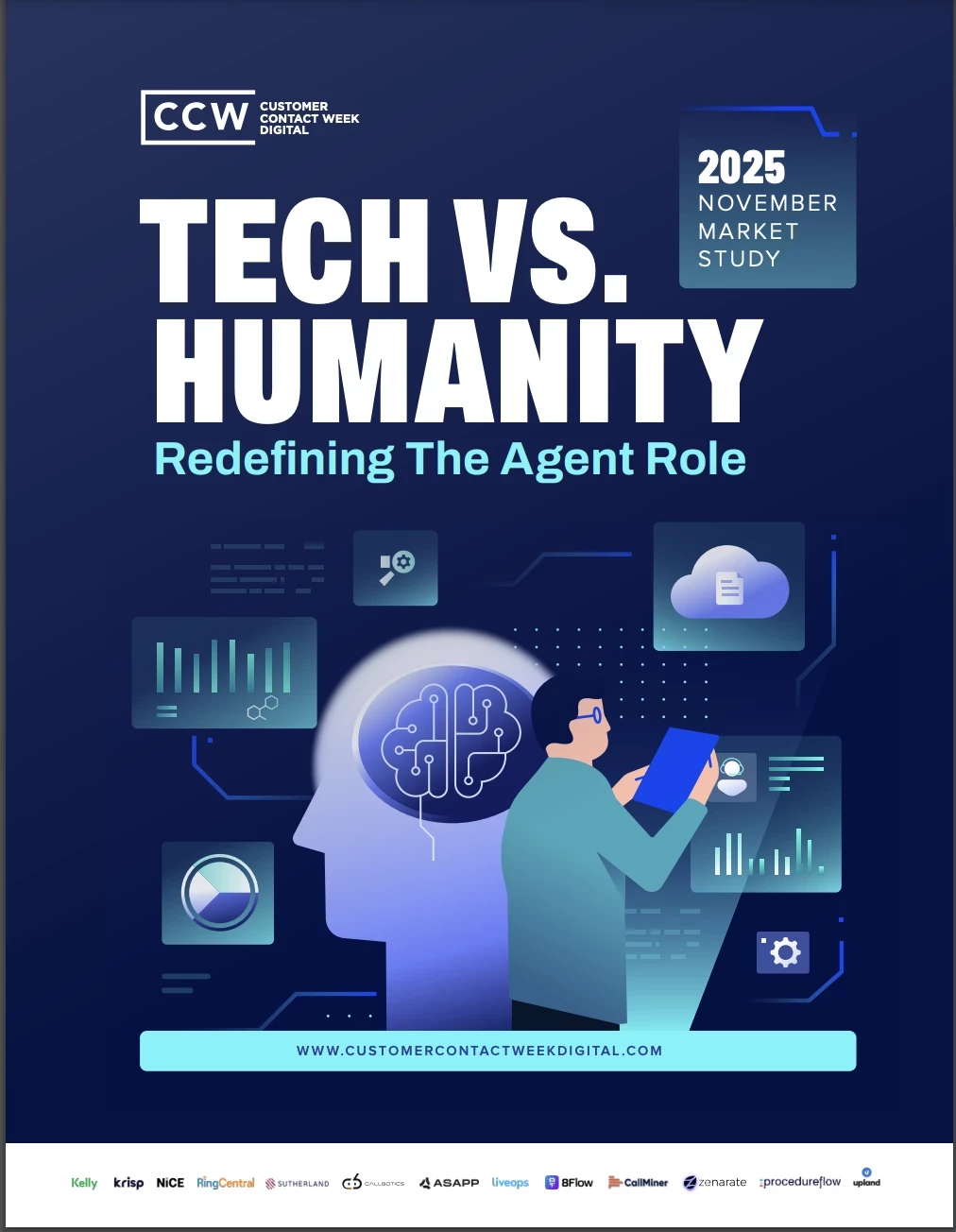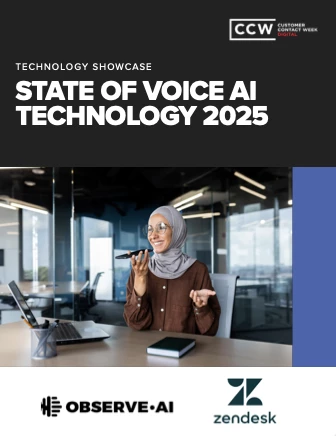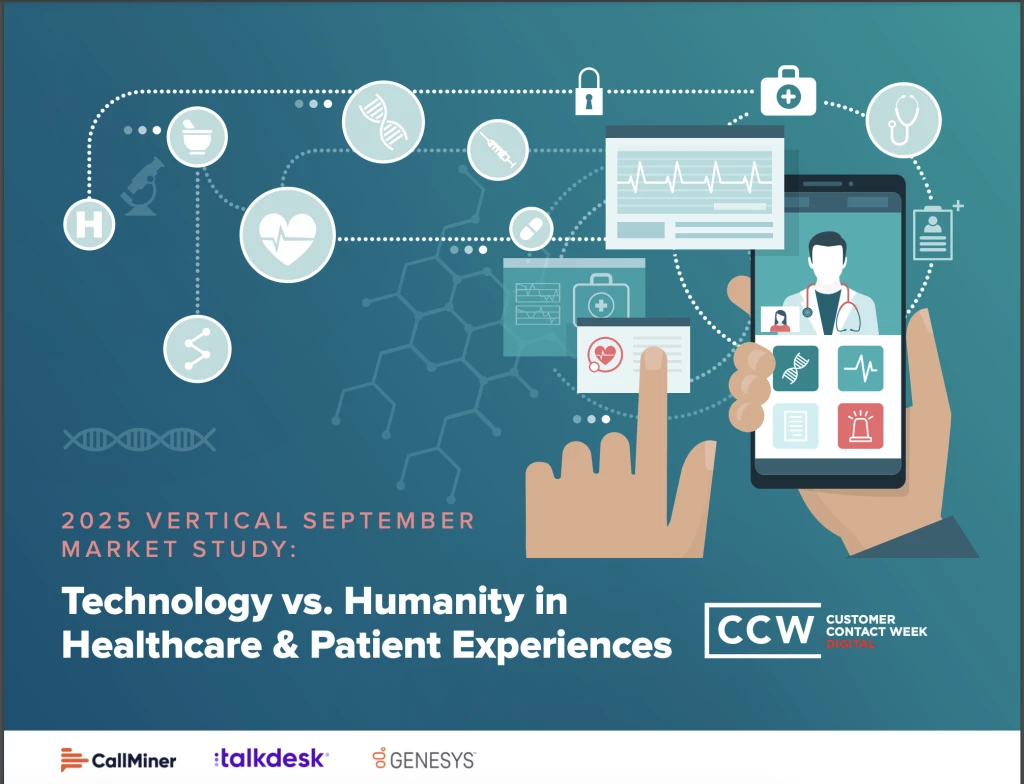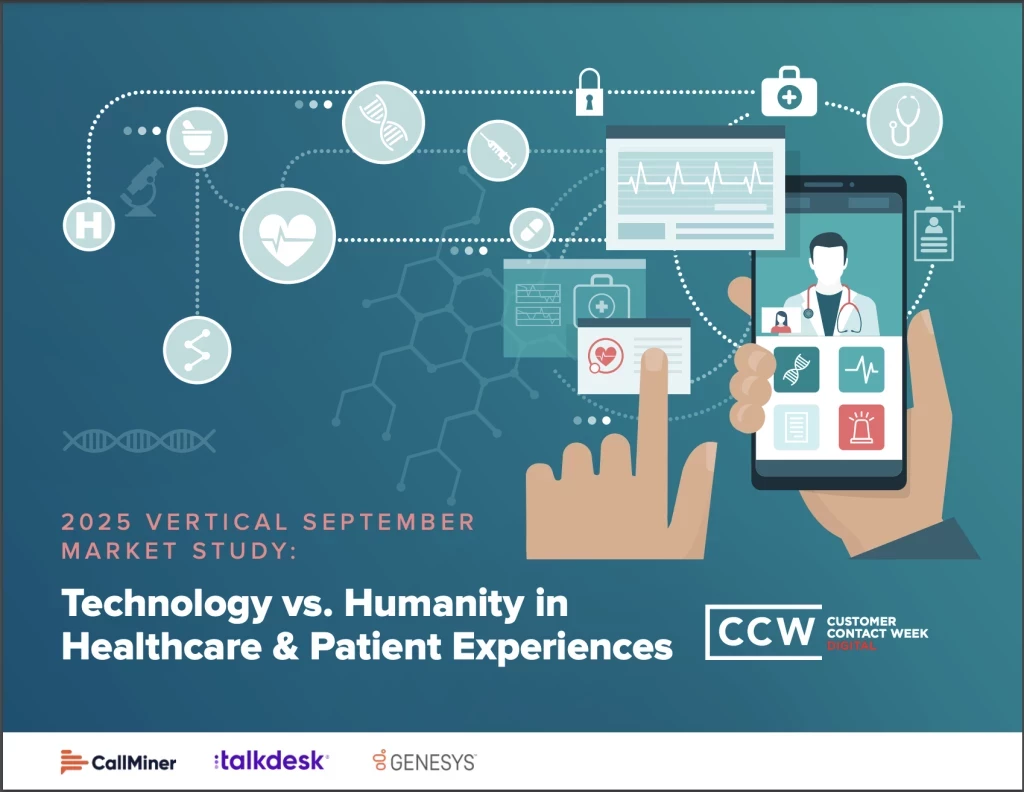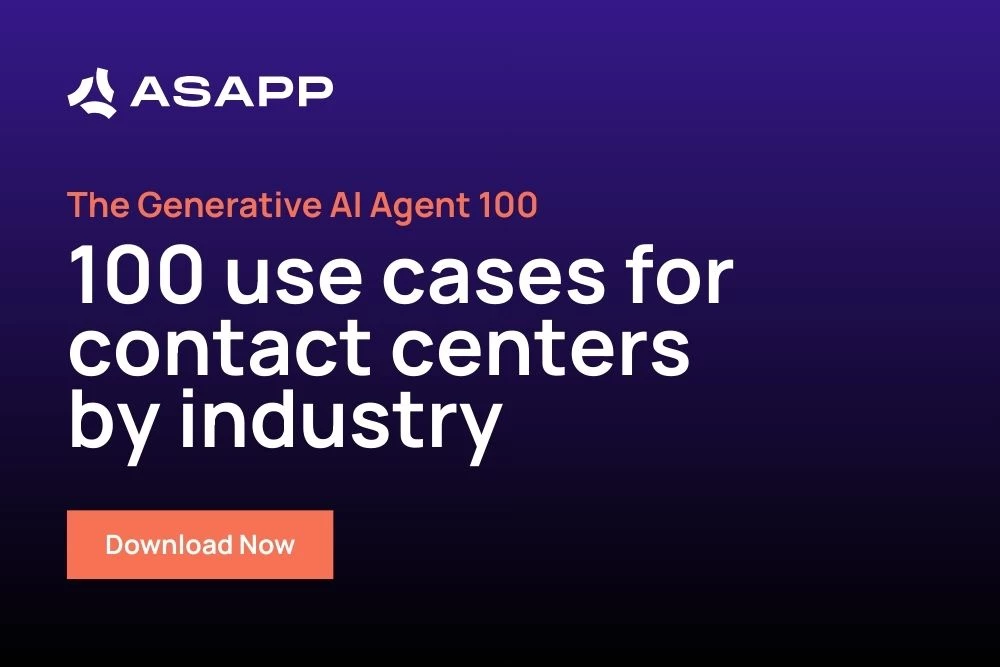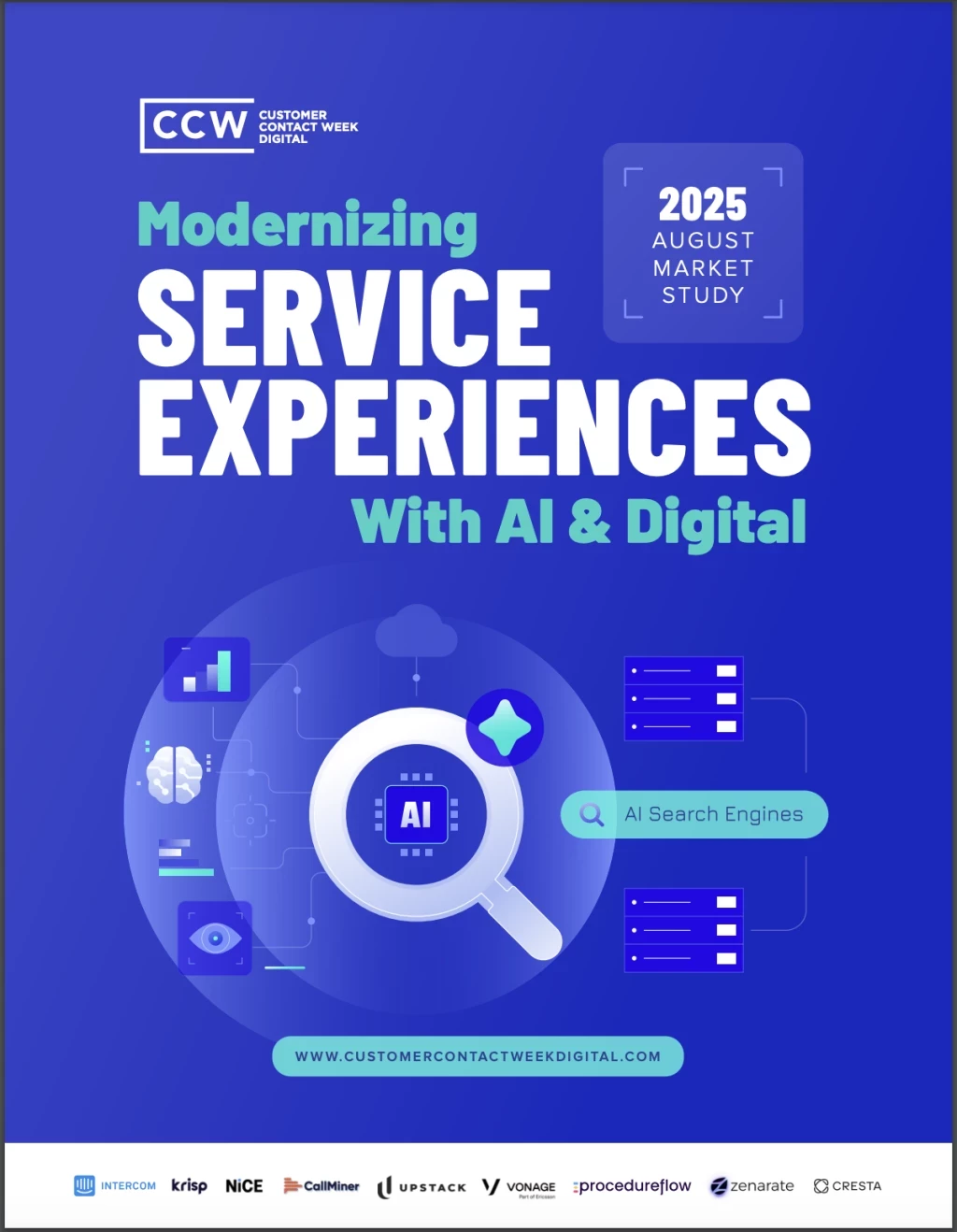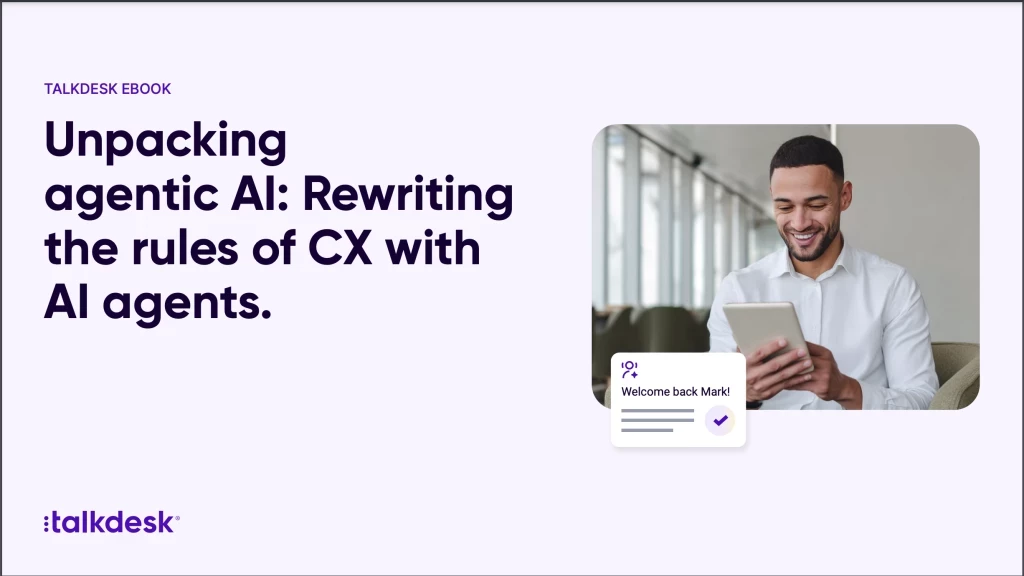Special Report: Accelerate the Road to Innovation with Low-Code
Add bookmark
Innovation is always a priority — as expectations grow and demand shifts, companies must be equipped to react and evolve at a moment's notice. In the past few years, we’ve experienced the benefits of rapid, sophisticated innovation. We no longer need to leave the house to pick up our weekly groceries and we can see our family and friends on our screens, all with the click of a button. These advances have become a part of our everyday lives, and they have prompted an expectation that assumes innovation and technology can seemingly solve all of our problems.
But what happens when these heightened expectations eventually exceed our ability to develop sophisticated solutions? Traditional innovation is not fit for rapid, expedited transformation. Further, the complexity of the work requires expert, tenured talent that may not be easy to come by. Combined, these factors are hindering leading companies in their ability to deploy accelerated innovation, halting improvements in the customer experience and slowing transformation over the long-term.
To adapt, companies must leverage low-code to simplify and improve the innovation process, and give expert employees the ability to implement necessary changes in an instant. With accessible development, companies can continue to evolve as customers increasingly seek better, more exceptional experiences.
This report will cover:
- The importance of low-code development in enacting meaningful change
- Solutions that will facilitate sophisticated, seamless innovation
- The democratization of programming features for delivering continuous, streamlined success









